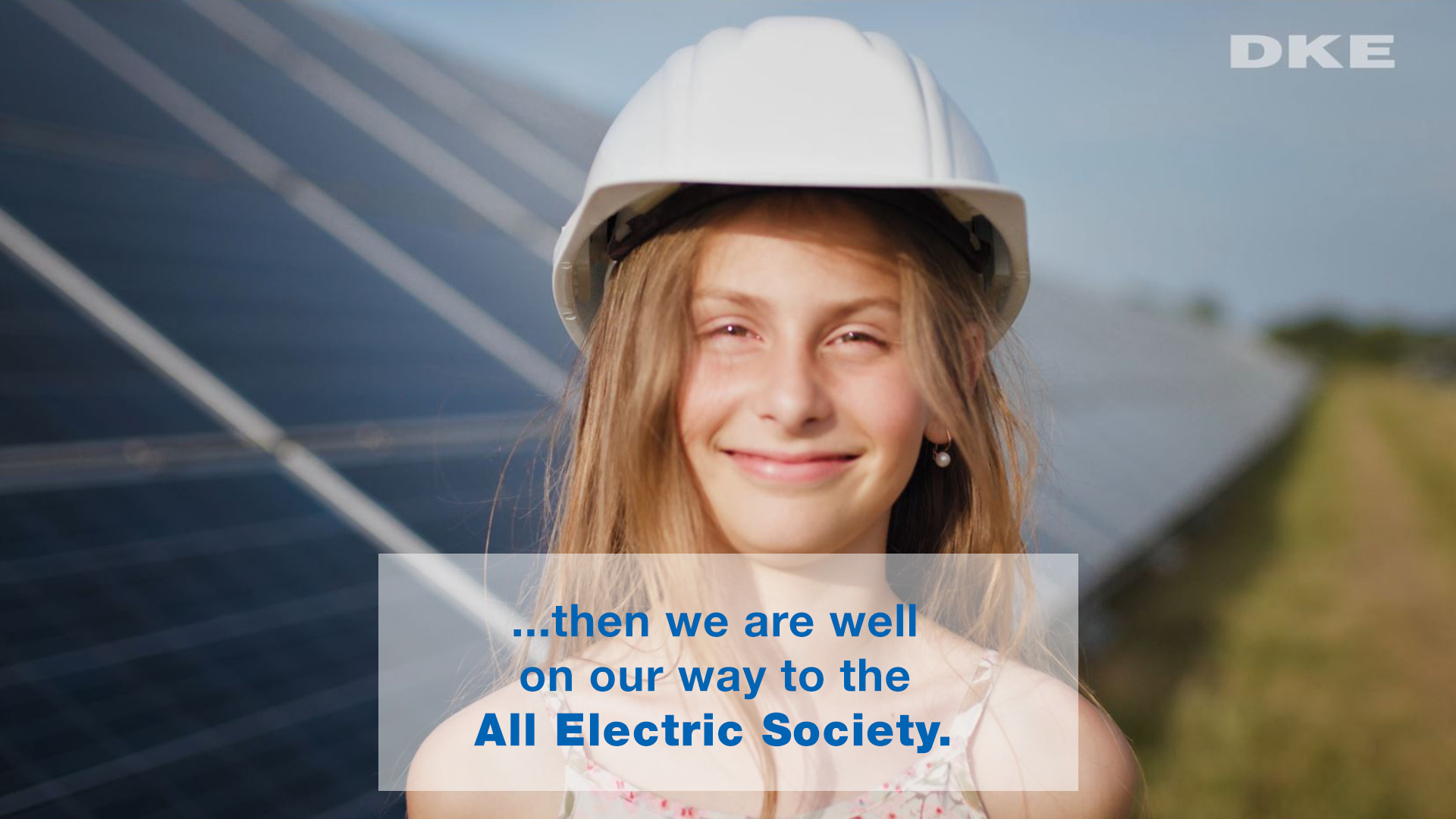This session was moderated by Jeongjoon Lee (LS Electric). Two keynote speeches were presented on this topic by Daniel Weiss (phiyond by adelphi) and by Chunyoul Baek (KATS).
Daniel Weiss pointed out in his speech that carbon neutrality is currently omnipresent as a topic. He referred to the COP28 climate conference that was taking place in Dubai at the same time and to the many aspects and challenges that relate to this topic. A rapid decarbonisation is needed to limit global warming to 1,5° Χ. The share of industry-related emissions in Germany in 2021 amounted to approx. 24%. This means that climate action targets can only be achieved with industry.
Mr. Weiss further explained that “climate or CO2 neutrality” is a widely used claim in brand communication. However, there are many legal uncertainties as to how this term is to be used.
The European Commission has put forward a proposal for a directive on green claims. This directive is intended to provide an instrument against greenwashing.
Indeed, there is a great lack of clarity in many companies as to how climate neutrality can be achieved and what steps are necessary to reach this goal. Undoubtedly, a stronger commitment is needed. And what is the role and value of standards in this context? In fact, standards can make an important contribution to respond to climate change impacts. ISO 14068-1:2023 Climate change management – Transition to net zero, Part 1: Carbon neutrality has recently been published. This document specifies principles, requirements, and guidance for achieving and demonstrating carbon neutrality through the quantification, reduction and offsetting of the carbon footprint. It defines terms used in relation to carbon neutrality and provides guidance on the actions necessary to achieve and demonstrate carbon neutrality.
There is no question that major investments by industry are needed for achieving progress.
In the second keynote speech, Chunyoul Baek (KATS) explained that in Korea the Carbon Neutrality Standardization Strategy is currently being revised. The aim is to realize carbon neutrality in 2050 by active standardization on carbon neutrality.
In this context it is essential to develop key national standards, correspond to key global standards, and develop key certification items. As energy is a core contribution sector of Carbon Neutrality, the issue of conversion of energy supply is crucial. Each industry sector in Korea seeks new technologies for decarbonization of material, energy, and process emission reduction. Another important aspect in this context is the establishment of a circular system for resource recycling that will make an important contribution to carbon neutrality.
In particular, Chunyoul pointed out the importance of standards in the field of carbon neutrality. In global carbon neutrality issues, standards are the important role as implementation measures for detailed tools such as carbon footprint certification, ESPR, and battery regulations. In the future, the standards (such as product category rule for carbon footprint, digitalization of carbon footprint for DPP (Digital Product Pass)) will continue to be developed. Accordingly, he emphasized that cooperation between Germany and Korea is necessary and important for the development of relevant standards.
In the discussion that followed, two major topics were addressed that will play an increasingly essential role in the future: The Digital Product Pass (DPP) which has a top priority in Europe, and which will help to create transparency by sharing product information across the entire value chains. The other big topic is the vision of the All Electric and Connected Society that strives to create sustainable and resilient conditions for everyone.
There was common agreement that the credibility of databases is a crucial topic when it comes to achieve the goal of carbon neutrality. Standards can provide support to obtain precise data and develop action plans.




















